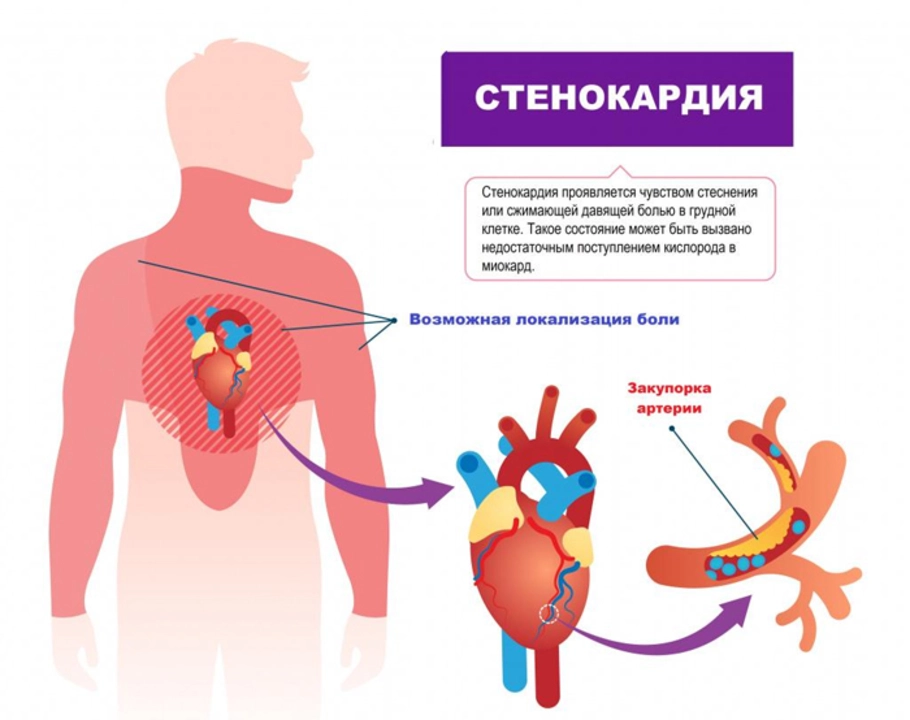Angina management: what to do when chest pain hits
Angina feels like pressure, squeezing, or heavy pain in the chest. It often comes on with activity, stress, or after a heavy meal. If you or someone else gets this kind of pain, quick, calm action can make a big difference. Below are clear, practical steps you can use right away and long-term ways to reduce episodes.
Immediate steps during an angina attack
Stop what you’re doing and sit down. Rest helps lower the heart’s oxygen needs and can ease pain fast. If a doctor has prescribed a nitroglycerin tablet or spray for you, use it right away—place the tablet under the tongue or use the spray as directed. Wait five minutes; if pain continues, take a second dose if allowed. If pain lasts more than 10–15 minutes or gets worse, call emergency services. Symptoms like sweating, fainting, shortness of breath, jaw or left arm pain are red flags—get emergency help immediately.
If someone else is having an angina attack, help them sit comfortably, loosen tight clothing, and ask if they have prescribed medication. If they become unconscious, start basic emergency care and call for help.
Long-term management: medications, lifestyle, and procedures
Medications are the backbone of angina care. Common drugs include:
- Short-acting nitrates (relieve pain fast).
- Beta-blockers (reduce heart workload and frequency of attacks).
- Calcium channel blockers (help when beta-blockers aren’t enough).
- Antiplatelet drugs like aspirin (lower the risk of heart attack).
- Statins (reduce cholesterol and stabilize artery plaques).
Your doctor chooses a mix based on your symptoms, tests, and other health conditions. Keep a list of your medicines, know why you take each one, and never stop suddenly without medical advice.
Lifestyle changes cut angina risk and make meds work better. Key actions: quit smoking, aim for 30 minutes of moderate activity most days, eat a heart-healthy diet (lots of vegetables, whole grains, lean proteins, and less salt and processed food), control blood pressure and blood sugar, and keep cholesterol in target ranges. Losing even a small amount of weight can reduce symptoms.
Some people benefit from procedures. If symptoms persist despite medicine or tests show significant artery blockages, doctors may recommend angioplasty with stent placement or coronary bypass surgery. These options reduce symptoms and lower the chance of heart attack in many patients.
Work with your healthcare team. Regular checkups, stress tests, and blood work help track progress. Learn your warning signs and carry emergency meds if prescribed. With the right plan—meds, lifestyle changes, and timely care—most people keep angina under control and stay active.

